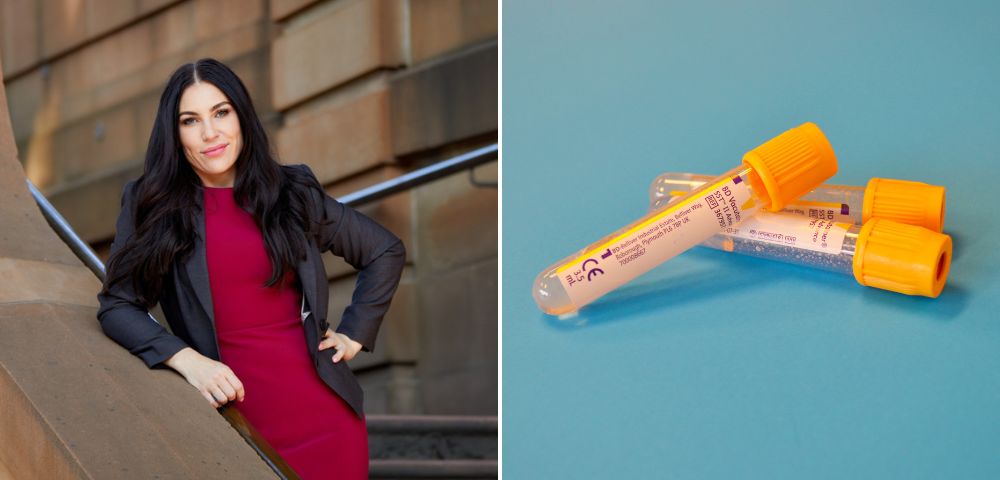
Push To Revoke Mandatory Disease Testing for NSW Workers

A new submission from the NSW Council of Civil Liberties (NSWCCL) calls for the repeal of the Mandatory Disease Testing Act 2021, due to the legislation’s impracticality and potentially discriminatory implications within the healthcare system.
Earlier today, November 10, NSWCCL confirmed that the NSW Ombudsman has received their request to remove the Act in its entirety.
Since being introduced in 2022, the Act forces any healthcare, emergency or public sector worker who has been in contact with bodily fluids to receive a mandatory disease test.
Initially being introduced to protect workers from blood borne viruses (BBVs), many health experts have criticised the mandatory orders for being unnecessary and further stigmatising HIV.
Australian HIV Health Organisation ACON has condemned the legislation, previously calling it the “antithesis of evidence-based policy” during an inquiry in 2020.
Their previous submission also noted that there has been no incidences of HIV transmissions for emergency services workers in over 15 years.
Magnifying Stigma
Speaking with Star Observer, Deputy CEO of ACON Karen Price recalls the organisation’s strong opposition to the testing.
“This act undermines NSW’s reputation as a global leader in HIV, contradicts local and global guidelines and puts NSW’s efforts to eliminate HIV transmission at risk,” said Price.

Price describes the act as an unnecessary step backwards for healthcare practices, “especially when effective universal precautions and other measures [that] are already in place.”
“Mandatory disease testing is more likely to be used against marginalised groups who are overrepresented in prisons and interactions with police.”
“These factors magnify stigma and discrimination,” Price continued.
Explaining that the NSW Government “has provided no clear indication” of how effective the mandatory testing has been in preventing BBVs, Price labelled the mandatory testing as “a waste of public funds.”
“Clearer information and training for frontline workers about BBV transmission risk and how to respond in the event of an incident would reduce harms and represent much better value for money,” Price explains.
The latest submission from NSWCCL continues to highlight the pressing issues within the legislation.
Latest Submission Of Repeal
NSWCCL President Lydia Shelly says the forced testing is more of a constraint rather than providing protection to healthcare workers.
“This Act is a distraction from the real risks that our frontline workers are facing, and it does not address the substantial risks they face on a daily basis,” said Shelly.
Shelly also noted the concerns of staggering wages and long hours for health care workers which is causing many to leave within the industry, with 2 in 3 paramedics considering leaving the profession.
“Our unfettered healthcare crisis is a bigger risk to our frontline workers than any risks purported to be mitigated because of this Act.”
“We urge the Government to review the real risks facing our frontline workers – and address them holistically – including committing to funding the frontline workers appropriately for the valuable services they perform on behalf of our communities,” Shelly continued.





